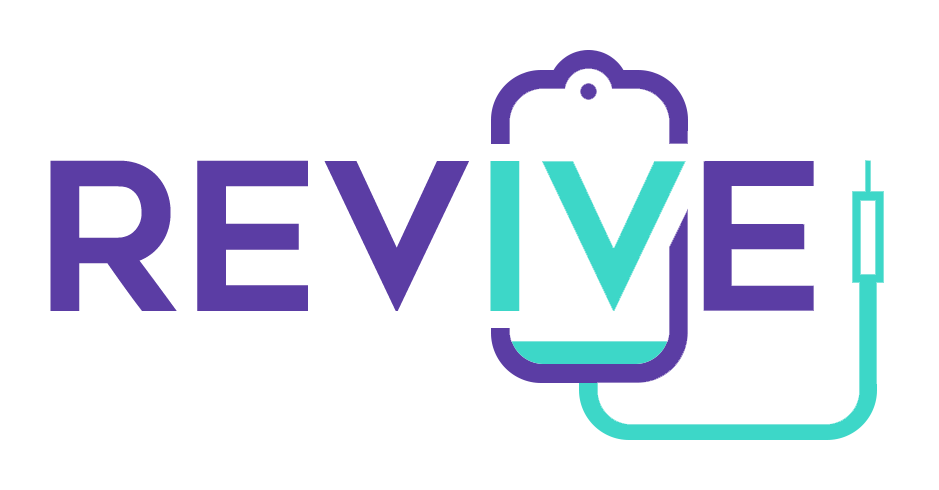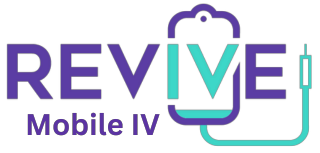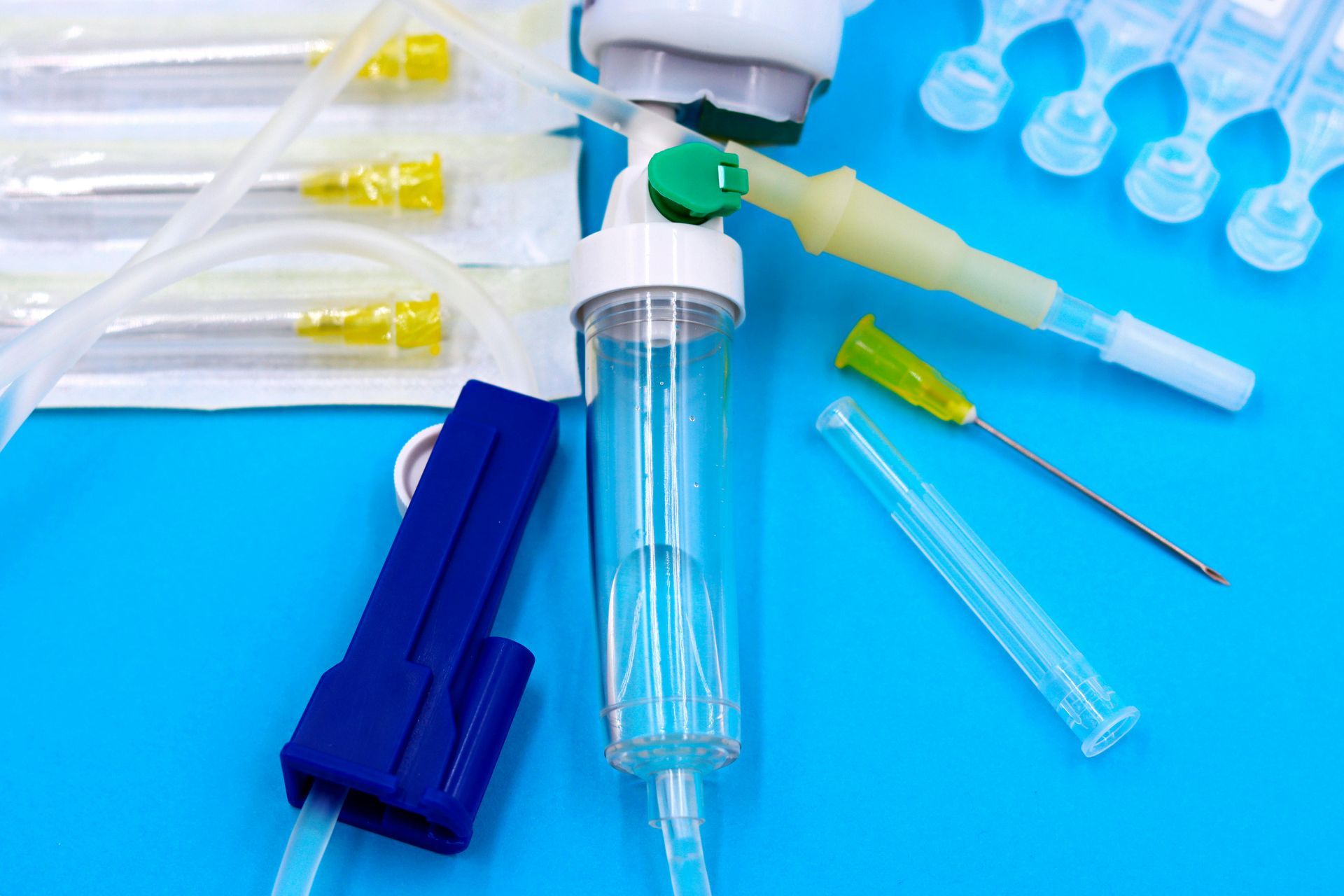Frequently Asked Questions
RevIVe Mobile IV is locally owned and operated by a board-certified Emergency Medicine physician and a team of ER nurses who are all originally from this area.

-
Does insurance cover IV therapy?
Our IV therapy is not covered by insurance. We strive to provide our high quality mobile IV therapy at affordable prices to avoid high emergency room bills/co-pays.
-
How do I pay?
We accept cash, card or HSA/FSA.
-
What are the benefits of doing RevIVe Mobile IV therapy?
IV therapy is the most efficient and effective way to deliver fluids, vitamins and medications to your body. This technique bypasses the digestive system therefore allowing your body to absorb 100% of nutrients and fluids. RevIVe's drips replenish your body and provide the fuel you need to perform at your highest level.
-
Is there a travel fee?
No, all costs are as advertised as long as you're in our service area.
-
How does this work?
A licensed registered nurse, who is supervised by our board certified emergency medicine physician, will come to your home. gym, hotel or office. They will do an assessment and check your vital signs. The IV will then be placed and your package of choice will be administered. This will take approximately 45 minutes to 1 hour to complete.
-
Do you offer group rates/discounts?
Yes! We offer 5% off or a free add-in for groups of 2 or more and 10% off or a free add-in for groups of 4 or more. We also offer a 10% military discount.
-
Do you offer services for events/private parties?
Yes! We would love to be at your next event. Please call for easy booking.
-
Do I only need IV therapy if I'm feeling sick?
From workaholics to athletes, even healthy people can benefit from IV therapy. Our drips can help combat dehydration, provide essential energy and boost recovery from the everyday stress our bodies and minds endure.
-
Do I need a prescription for IV therapy?
No, but it is always recommended that you consult with your physician before trying any new regimen.
-
What is NAD+?
NAD+ refers to nicotinamide adenine dinucleotide, a vitamin B3 derivative. NAD+ is a coenzyme that is found in every cell of our bodies, playing a vital role in cellular health, optimum mitochondrial function, and overall energy production. The wear and tear of everyday life such as stress or alcohol intake can also deplete natural NAD+ stores, and over time low levels could lead to negative health consequences. Furthermore, levels of NAD+ decline as we age, which may lead to a noticeable dip in energy levels or a decrease in the ability to concentrate over time.
In simplistic terms, NAD+ is involved in two main chemical reactions in the human body:
- It helps to convert the nutrients we ingest into energy, playing an essential role in metabolism.
- It functions as a “helper molecule” for proteins, acting as a “regulator” for many other biological processes in the body.
These mechanisms of action are critical, as they go hand in hand with maintaining a healthy circadian rhythm, buffering cellular oxidative stress, and even maintaining DNA health.
-
What are the consequences of NAD+ decline?
When looking at cellular energy, low NAD+ can lead to decreased mitochondrial function, resulting in the decline of energy-rich ATP molecules and fewer overall mitochondria. As you may have heard, the mitochondria is the “powerhouse” of the cell, and low levels can show physical manifestations of aging. The combined natural age-related reduction in NAD+ over time, as well as negative lifestyle factors, such as regular alcohol use or stress, leads to defects in both gene- and energy-related functions of our cells.
- The negative consequences of declined NAD+ levels include:
- Vascular inflammation, producing blood vessel damage that could lead to a heart attack or stroke.
- Brain neurodegeneration.
- Enhanced fat production and white adipose tissue deposition, the main type of fat that accumulates in the abdomen and around our organs, often called “harmful belly fat”.
- Enhanced liver fat storage, potentially leading to nonalcoholic fatty liver disease.
- Loss of muscle strength, fatigue and fatty infiltration of muscles, which results in decreased fatty acid oxidation and deprives muscles of their normal energy sources.
- Insulin resistance prevents cells from adequately eliminating glucose from the blood, over time leading to increased blood sugar levels and metabolic syndrome.
-
Do you have a loyalty program?
Yes! Customers earn Drops with each purchase to redeem for rewards.
View Our IV Packages
We offer a wide range of therapeutic treatments in the comfort of your own home or at one of our partner locations. Our therapies are tailored to the individual and are designed to help you reach optimal health.










